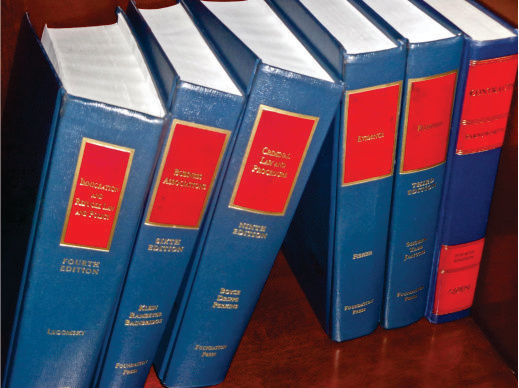Most developing countries participating in the REDD+ process are willing to access Results-Based Payments (RBP), and are now in transition from their readiness phase to implementation of specific actions and measures. Most of these countries have developed or strengthened their National Forest Monitoring Systems (NFMS), which are also moving towards the implementation phase where the results of mitigation-related actions can be monitored. However, many of these countries still face multiple challenges in accessing information and data which they need to make their NFMS sustainable.
Although a single governmental institution is usually mandated by law as the responsible entity for maintaining and operating the NFMS, the responsibility of updating different elements of the NFMS can often be scattered between various divisions and departments within multiple institutions.
Stronger and more systemic coordination, and clear agreements across national technical entities collecting and providing data, is necessary to ensure data accessibility for the success of REDD+. Such coordination and adequate legal arrangements also facilitate both national and international reporting processes including the preparation of Biennial Update Reports (BURs) or National Communications to the UNFCCC. Therefore, the clarification of the responsibilities held by each organization or entity should be the first significant step towards consolidation of NFMS and reporting for REDD+ results.
Colombia, Costa Rica, Ecuador, Honduras and Paraguay are good examples of Latin-American countries advancing towards adopting appropriate legal instruments to clarify institutional mandates associated with NFMS. These countries have also defined roles and responsibilities of relevant entities while establishing platforms to facilitate data and information sharing. Since 2015, the UN-REDD Programme – with specific FAO technical assistance and advice – has supported these countries to arrive at legal arrangements and institutionalize their NFMSs through the combined effort of a multidisciplinary team of experts covering aspects from monitoring and measuring to legal and international conventions.
The Colombian government aims to develop a decree to regulate and articulate the forest and carbon monitoring system (F&CMS), the National Forest Inventory (NFI), and the National Forest Information System (NFIS). These components are essential for the implementation of the national programme on monitoring of forest and forest ecosystems (PMSB). As a result of technical cooperation, Colombia drafted a first such decree in December 2016. Accordingly, a road map has been developed to ensure the inclusion of relevant stakeholders and contributions from key technical and legal institutions.
Thereafter, the country has now entered an inclusive participatory consultation on the draft decree. The final version of the decree is following the legal cycle of approval by the Ministry of Environment and is expected to be enforced by October 2017.
Costa Rica has recently developed a national system for monitoring land cover, land use, and ecosystems (SIMOCUTE). This is a decentralized system where different institutions and entities, such as the National Environmental Information System (SINIA) and the National Territorial Information System (SNIT) share data and information, according to their mandates and roles on the basis of requirements and established standards.
Technical and institutional elements have also been identified to operationalize the SIMOCUTE. Costa Rica recently submitted for consultation a draft decree aiming to regulate the functioning of SIMOCUTE, and relevant environmental institutions. It is foreseen that the Minister of Environment (MINAE) as well as the Minister of Agriculture (MAG) will sign the final decree after a second round of consultations before its final adoption, which is expected by October 2017.
Ecuador, Honduras and Paraguay are also advancing in a similar direction and conducting legal assessments, while adopting participatory processes when developing a decree regulating the NFMS. Paraguay has already developed and validated a legal assessment of the NFMS-related institutional framework at national level and carried out an inclusive participatory process to to enrich the draft decree that would establish the NFMS.
The draft decree is under revision by the National Forest Institution (INFONA). Ecuador and Honduras are undertaking assessments with outcomes and recommendations expected by the end of this year.
Legal reforms and arrangements take time to advance, and are closely intertwined with each specific national context. The involvement of key stakeholders such as forest and environment competent entities, sector-related agencies and information systems, is essential when establishing a sustainable NFMS, and solid progress on this front is seen in these Latin American countries.

